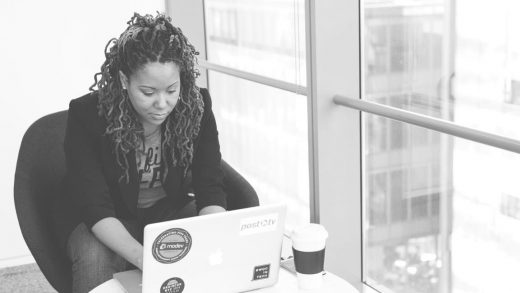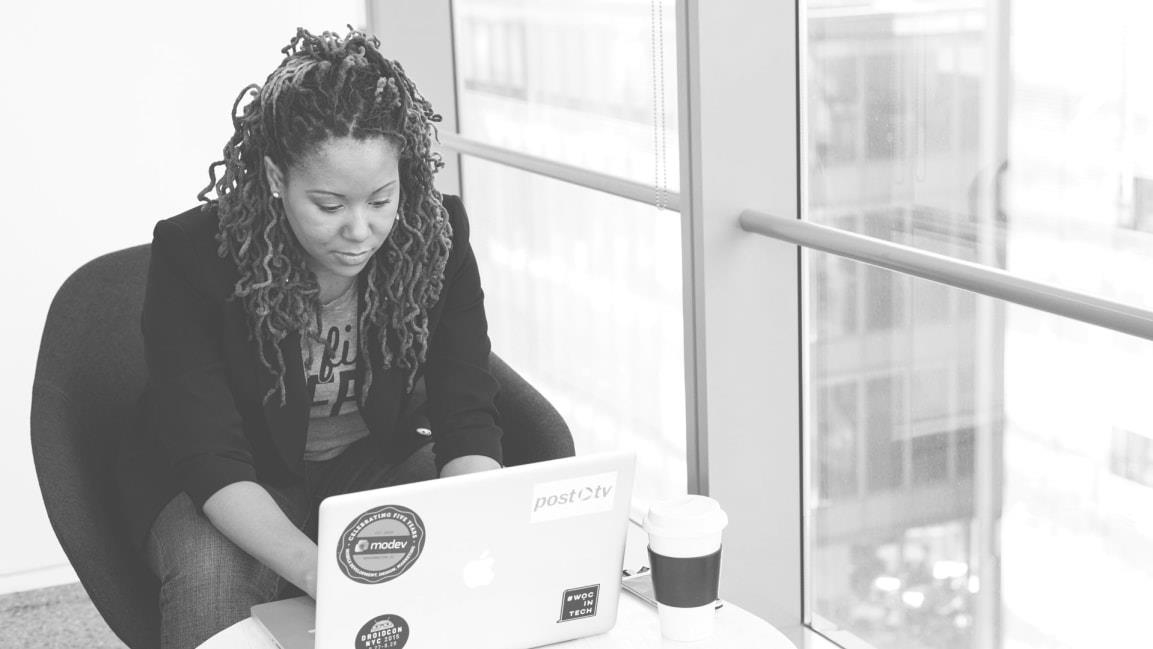Dear VCs: COVID-19 isn’t an excuse to backslide on gender equality
As CEO of All Raise, a two-year-old nonprofit formed to accelerate the success of female founders and funders, I have spent a lot of time over the last few days speaking with female founders in the network. My advice to them has been blunt: If you can, pause your fundraising efforts unless you are getting a fair deal. You have one shot of getting on the right footing with an investor. This is sound advice, but it still pains me to give it. Because I know the odds are already stacked against female founders when it comes to fundraising.
After two record-setting years of over $130B in U.S. venture capital deployed through investments, an embarrassingly paltry amount went to female-founded companies last year: 11.8%, an increase of only 0.5% since 2018. If this represents the bets venture is placing on female founders during a boom time, what’s going to happen during a recession?
It’s a question that keeps me up at night. The power and wealth generated from venture capital-backed technology companies is huge, yet it remains concentrated among a small group of predominantly white men—those who fund the companies and those who found and operate them. If we look at the top 10 technology IPOs of the last decade, the combined market cap on IPO debut was $334.8B, and $308B of that went to male beneficiaries and investors. For reference, that’s about the same amount that the SBA’s Paycheck Protection Program has allocated to loan the millions of small businesses affected by the coronavirus pandemic. (There’s a healthy debate right now about whether venture-backed companies should accept government help right now. The answer is, “it depends,” but that’s a subject of a different column.)
What we do know is that male founders and startup employees still receive significantly more equity wealth than women. According to Carta’s second annual gender equity gap study last year, 96% of equity value is held by the top 20% wealthiest (founder and employee) equity holders. Of the wealthiest owners, only 9% are women. Women own just 11% of all founder and employee equity, and hold 26¢ in equity for every dollar men own.
But this goes beyond zeros in a bank account. The influence that this wealth generates is difficult to fathom. This money goes on to shape general elections; it’s 10 times the amount spent on lobbying for policies in 2019. And it shapes the decisions over which startups get funded, which products get developed, and who gets hired. The flow of investments and wealth creation among the same elite group has started a flywheel that’s gaining momentum and increasingly harder to change.
As the economic implications of COVID-19 unfold, it’s clear that we are facing an unprecedented economic recession. In a world where most female founders already lack access to the same opportunities as their male counterparts, we must act now to break the flywheel and ensure that the recession doesn’t exacerbate this inequity. While everyone is suffering, one group will be indiscriminately hit harder: women, and particularly women of color.
Women do not have access to the same opportunities for financial and relationship capital as their male counterparts, and this is even worse for women of color. This starting disadvantage means that during a pandemic these groups are likely to suffer more.
Despite female founders outperforming all-male founding teams, on average exiting their startups a year faster, female founders receive less funding than their male counterparts at every stage of investment. As female founders categorically raise less funding, they have to be more capital efficient. While this experience is valuable during a recession, it also means female founders have much less room for error than their male counterparts as they already operate a lean business. Expense cutting becomes a process of cutting to the bone instead of smart unit economics.
Systemic biases may be magnified in the current environment. If VCs default to pattern recognition by funding entrepreneurs they already know and rely solely on “warm introductions” made within their networks, women will struggle to fundraise. Women are already more likely to be asked prevention-oriented questions in venture meetings, compared with the promotion-oriented questions their male counterparts receive. A 2017 Harvard Business School study found that VCs tend to ask men questions about the potential for gains and women about the potential for losses. This could become even more pronounced during a crisis, when questions focused on safety, responsibility, security, and vigilance will become even more justifiable—and bias harder to monitor.
I’m sensitive to the fact that across the industry, businesses of all types are struggling. But we cannot let up the pressure on creating a more diverse and equitable tech industry during and after this crisis. It’s in our own economic interest to do so. Firstly, the venture-backed technology industry is already a key driver of the innovation economy in the U.S.: 43% of U.S. public companies, comprising 57% of the market capitalization, are VC-backed—it’s therefore critical that we maintain momentum to increase diversity and that we stay laser-focused on progress. Secondly, women drive 83% of all U.S. consumption, through both buying power and influence. Companies that address their needs stand to be the big winners once we emerge out of this recession. By directing a pitiful amount of VC funding to female founders who address this target market, how are we ensuring that the best ideas are coming through the funnel?
We’re in an unprecedented time—but we should not give up hope. This is an opportunity to change behavior, do things differently, and equalize the playing field. It is in our hands to make a difference in how capital is deployed, looking beyond our biases and toward the next generation of companies, both those currently in flight and those yet to be born. I am encouraged by how many individuals are seeking to change the dynamic, opening up possibilities for new talent and big ideas:
As history has taught us and I’ve experienced, every boom and bust cycle is followed by the next wave of generation-defining companies—the next Microsoft, Apple, or Netflix. It is more critical than ever that we expand opportunities to found, fund, and build startups. When the architects of tomorrow better reflect the world, our world is better served.
Pam Kostka is the CEO of All Raise. She has 25 years of experience as a startup operator, most recently as CEO of Loop, a local community mobile app, and before that, as CEO of Bluebox Security.
(18)



